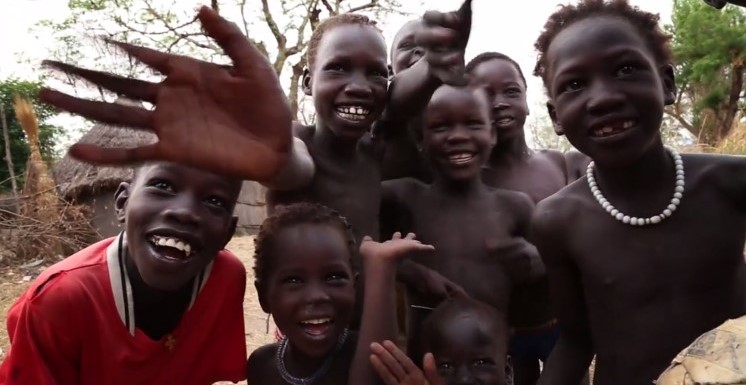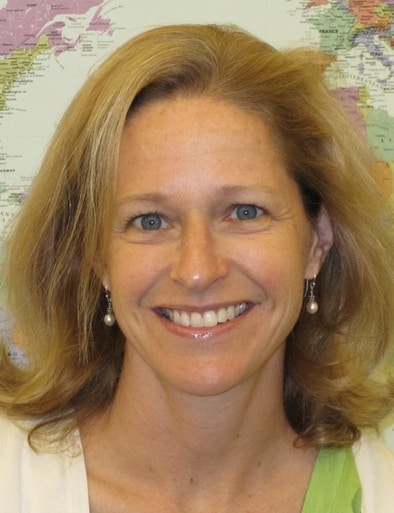
Children impacted by ARDF-supported projects in Gambella, Ethiopia.
Agricultural training in South Sudan. A rural health clinic in Tikobo, Ghana. An educational hub in Gambella, Ethiopia.
Unbeknownst to many Anglicans, the ACNA has an official and already well-established “arm” for relief and development across the world: The Anglican Relief and Development Fund (ARDF).
Because so many church members remain completely unaware of ARDF, the Bishops and Deans have asked all churches to set aside one Sunday in October or November for an ARDF presentation. We want to spread the word about the work ARDF is doing, and the great need for an ARDF “Advocate” in each parish. In October and November we are asking all of our parishes to pick on Sunday to show an ARDF introduction video, and to provide their informational flyer and to nominate an advocate.
Over the past seven years, ARDF has partnered with Anglican churches in 34 countries to complete over 139 high-impact development projects. The difference between ARDF and many other relief organizations, however, is the focus on sustainability: Projects are designed and managed by Anglican dioceses to meet the pressing needs of their communities.

Christine Jones, ARDF
“This results in a community-based development model that produces dramatic, sustainable, long-term life improvements for people in those communities,” says Christine Jones, ARDF Director of Mobilization. “We’re connected to Anglican Communion leaders and Churches worldwide, allowing us to discover, evaluate, and fund projects that target specific communities and needs.”
“We cannot know the context of every Anglican church across North America, ” says Jones. “ARDF Advocates are an important part of this as they connect us to the local church.”
Jones says some churches are interested in supporting a particular country or sector (such as agriculture or education), some have gifts that go beyond money, and some are just beginning to explore what missional giving looks like. Advocates think creatively about how to engage parishioners in global missions and connect them with ARDF’s success stories and current needs.
“Advocates pass along articles to the church newspapers, they work with home groups and bible studies that want to take on a service project related to ARDF, and they help get our videos in front of parishioners,” says Jones. “There are opportunities to think deeply about these issues more broadly and to brainstorm as to how to match the gifts of people with the news and blessings of ARDF.”
And beginning next year, ARDF will also begin offering “Transformational Vision Trips,” a chance for North Americans to visit ARDF partners overseas. The first trip in February 2017 is to Nepal, where the effects of the 2015 earthquake are only slowly being addressed.
“The dominant religions there don’t have a tradition of looking after the poor… so there is no urgency to help the three million Nepalis affected. But the church is reaching out to these people, ministering to their physical and spiritual needs. And because of this, the church in Nepal is growing.”
For more information on becoming an Advocate and to sign up, visit the ARDF Advocate page. For more details on the 2017 Vision Trip to Nepal, stay tuned to the ARDF website, check out this article, or email Christine Jones for more details.
Prepared by Rachel Moorman, ADOTS Communications Associate
